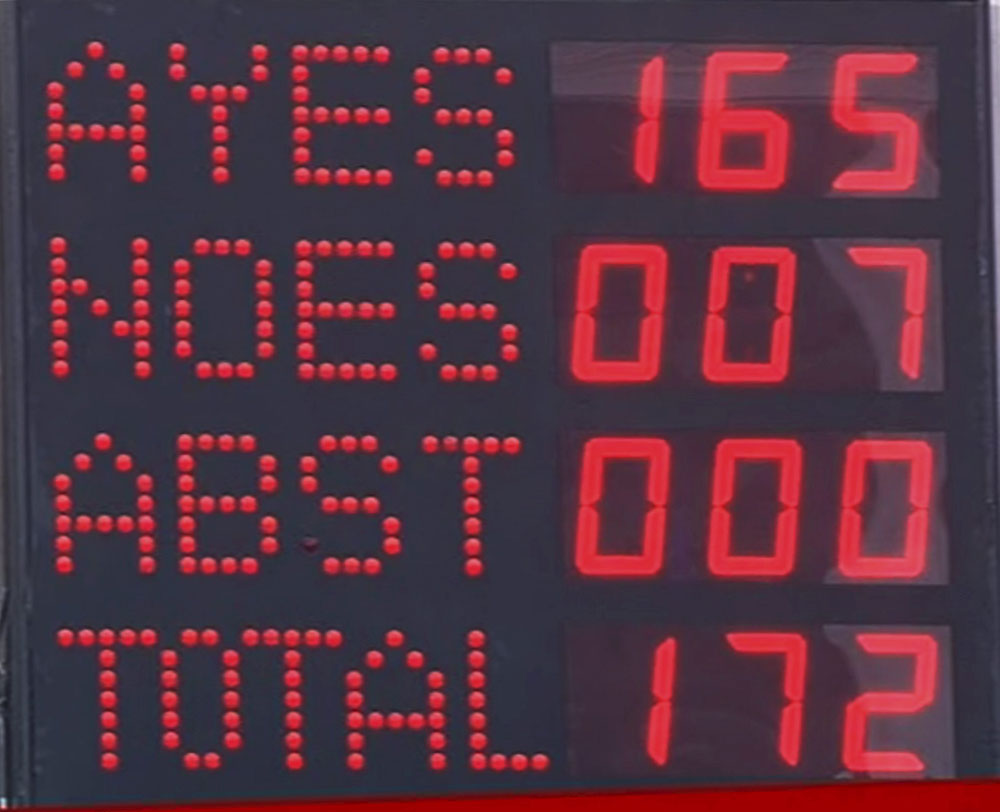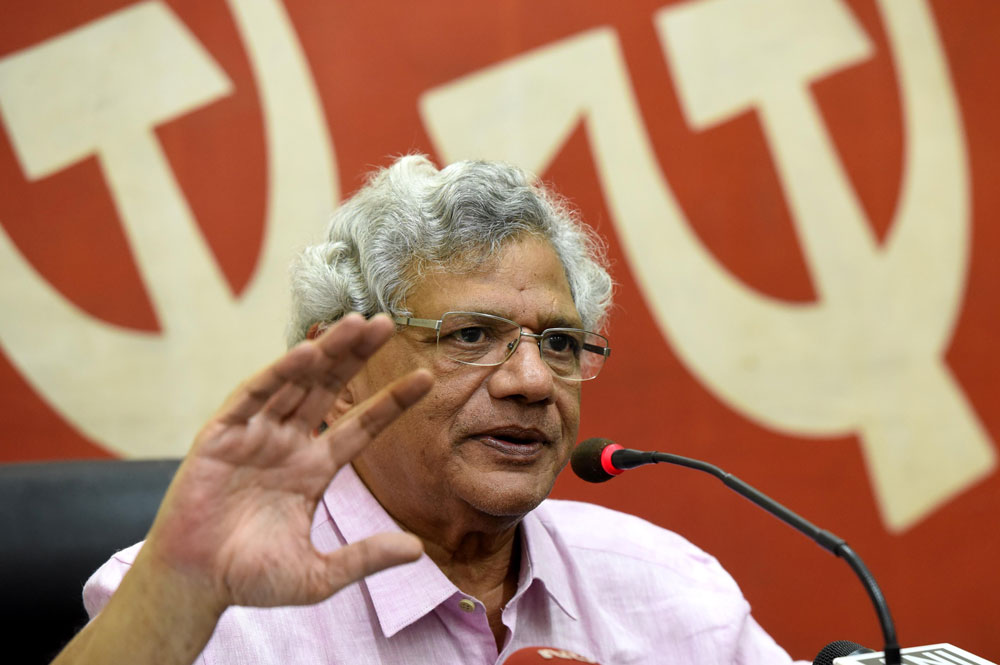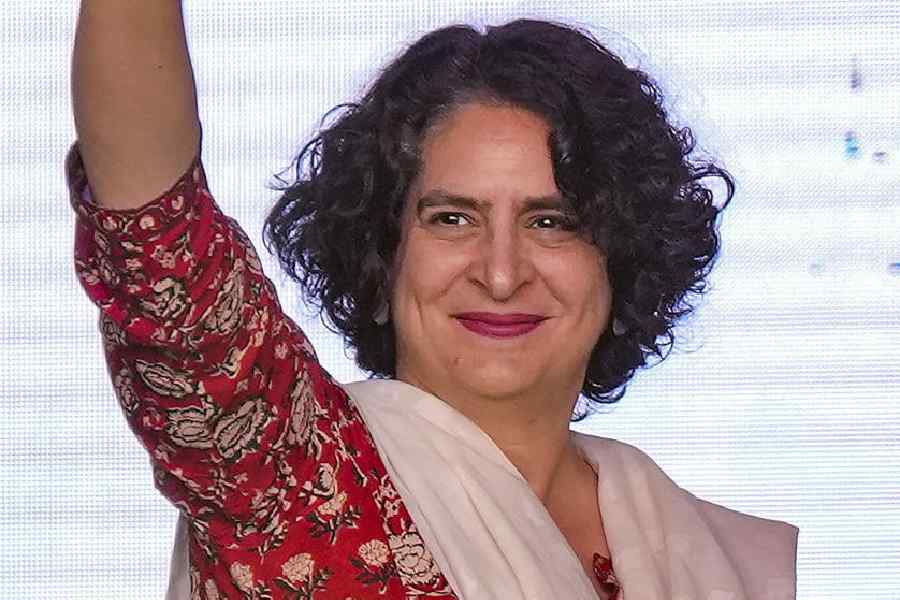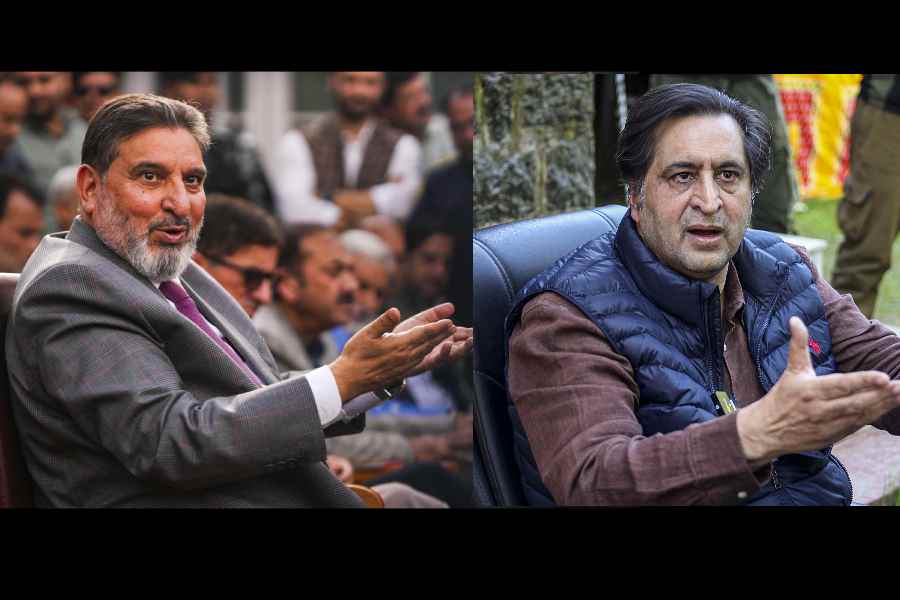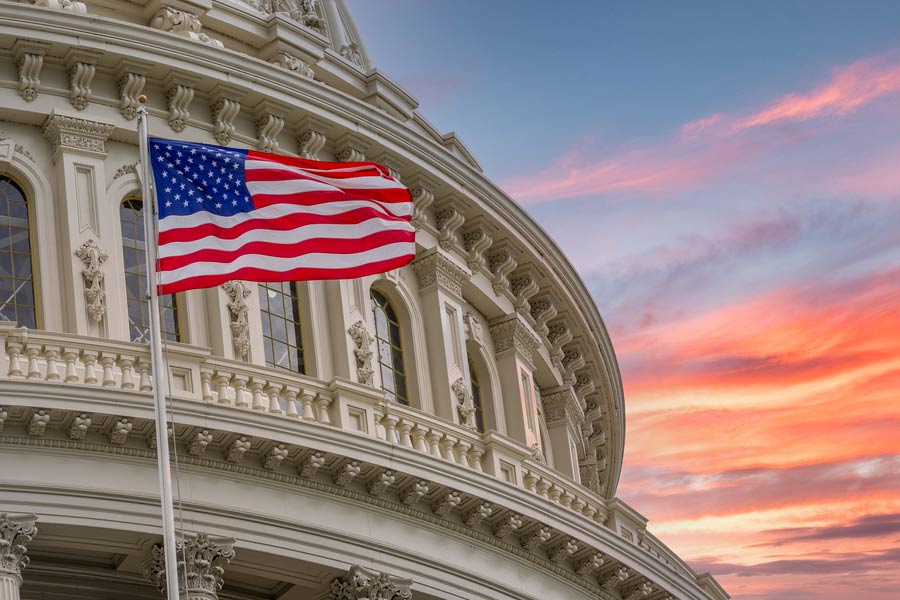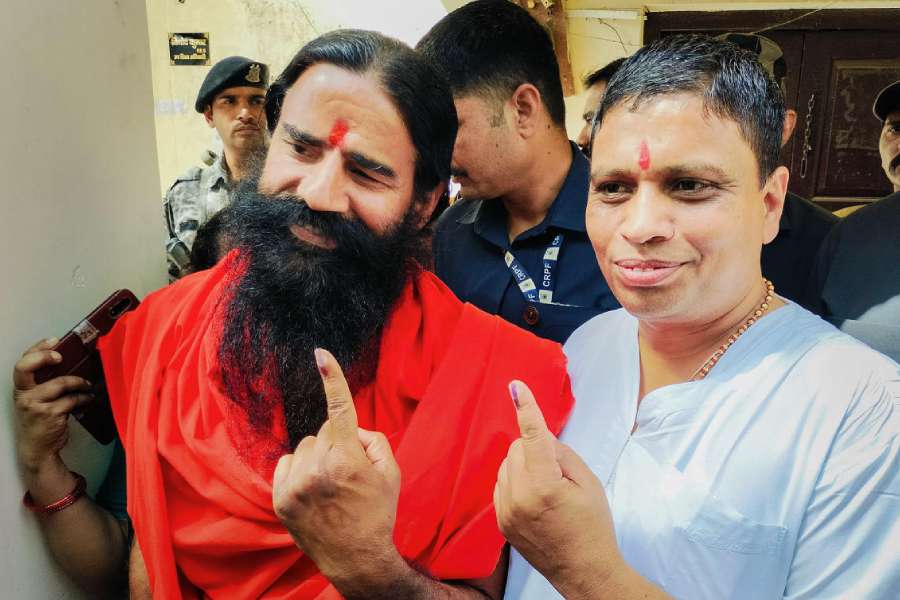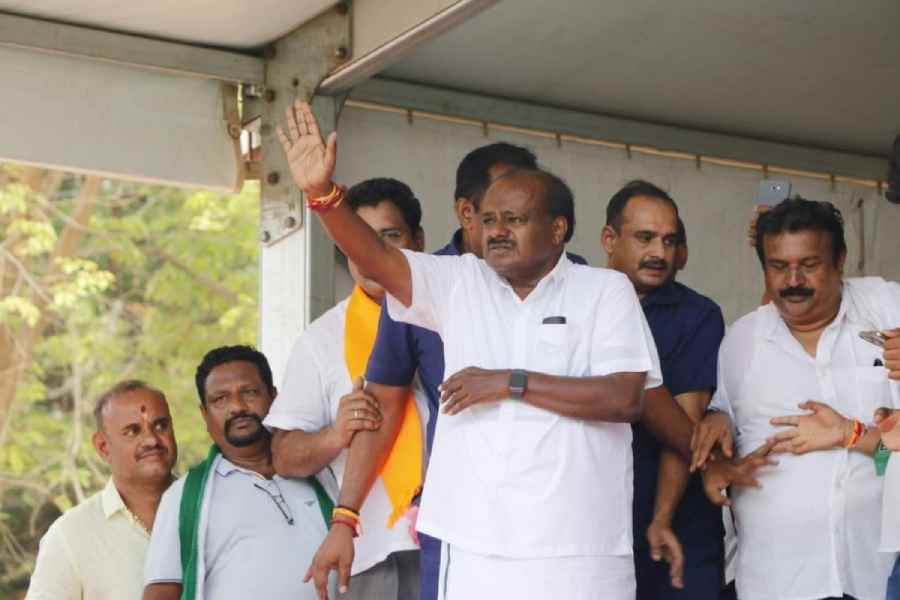The Centre on Wednesday night cleared the Rajya Sabha hurdle on the upper caste quota bill that was likened by the Opposition to “demonetisation” and triggered demands for caste-based reservation to be increased in proportion to population now that the court-imposed 50 per cent ceiling on quotas has been breached.
The bill to provide a 10 per cent quota in jobs and higher education to the economically weaker sections among the upper castes was passed with 165 votes in its favour and seven against. Only the Rashtriya Janata Dal, IUML and the DMK voted against the bill, while the AIADMK, AAP and the CPI walked out. The rest of the Opposition, led by the Congress, voted for it while questioning the haste with which it was brought.
The BSP and the Samajwadi Party said since the government had decided to increase the total reserved category to 59.5 per cent with the bill, reservation should now be proportional to the numerical strength of different caste groups.
Flagging the issue, the SP’s Ramgopal Yadav said the OBC quota was capped at 27 per cent, even though the backward classes constitute 54 per cent of the population, because of the Supreme Court order that reservation should not exceed 50 per cent.
“Now that you have broken the 50 per cent barrier, the OBCs should be given 54 per cent reservation and the quota for SCs and STs should be increased to 25 per cent to match their population,” he said.
Ramgopal pointed to the poor representation for the lower castes in the bureaucracy. He said only two of the 81 secretaries at the Centre are SCs, three are STs and there is not one OBC. Of the 75 additional secretaries, there are six SCs, four STs and no OBCs. Among the 295 joint secretaries, there are 16 SCs, nine STs and 13 OBCs.
In the lower bureaucracy, the leader claimed, 69 per cent of the Group A services are filled by the general category, 13.31 per cent by SCs, 5.98 per cent by STs and 11.77 per cent by OBCs. In Group B, SCs account for 16.27 per cent, STs 6.75 per cent, OBCs 12.39 per cent and the general category 64.59 per cent. In Group C, SCs make up 7.35 per cent, STs 8.65 per cent, OBCs 18.97 per cent and the general category 55.35 per cent.
The BSP’s Satish Mishra flagged the need to increase the quota for the historically disadvantaged castes in line with their population. He likened the government’s move to rush the bill to attempting a sixer off the last ball of a cricket match.
The bill was signed by social justice minister Thawarchand Gehlot on Monday, introduced and cleared by the Lok Sabha on Tuesday, and brought to the Rajya Sabha on Wednesday.
Congress leader Kapil Sibal candidly admitted that all parties present were driven by political considerations in supporting the bill.
Despite serious doubts about its legal validity, the Opposition parties were wary of being labelled anti-poor if they stalled the bill. Had it been brought earlier, the Opposition would have pushed to refer it to a select committee for parliamentary scrutiny.
Sibal said the bill would fail the test of constitutionality and legality and would end up like “notebandi” (demonetisation).
Trinamul’s Derek O’Brien said: “The bill is an acknowledgement of the Modi government’s guilt over failure to create jobs.”
Like the AIADMK, the RJD accused the government of tinkering with the basic structure of the Constitution.
Kanimozhi of the DMK said: “You can change your religion, you can change your economic status but unfortunately your caste follows you.”
Gehlot said the government was sincere about the move and so had brought a constitutional amendment instead of opting for an executive order as done by various governments in the past.

